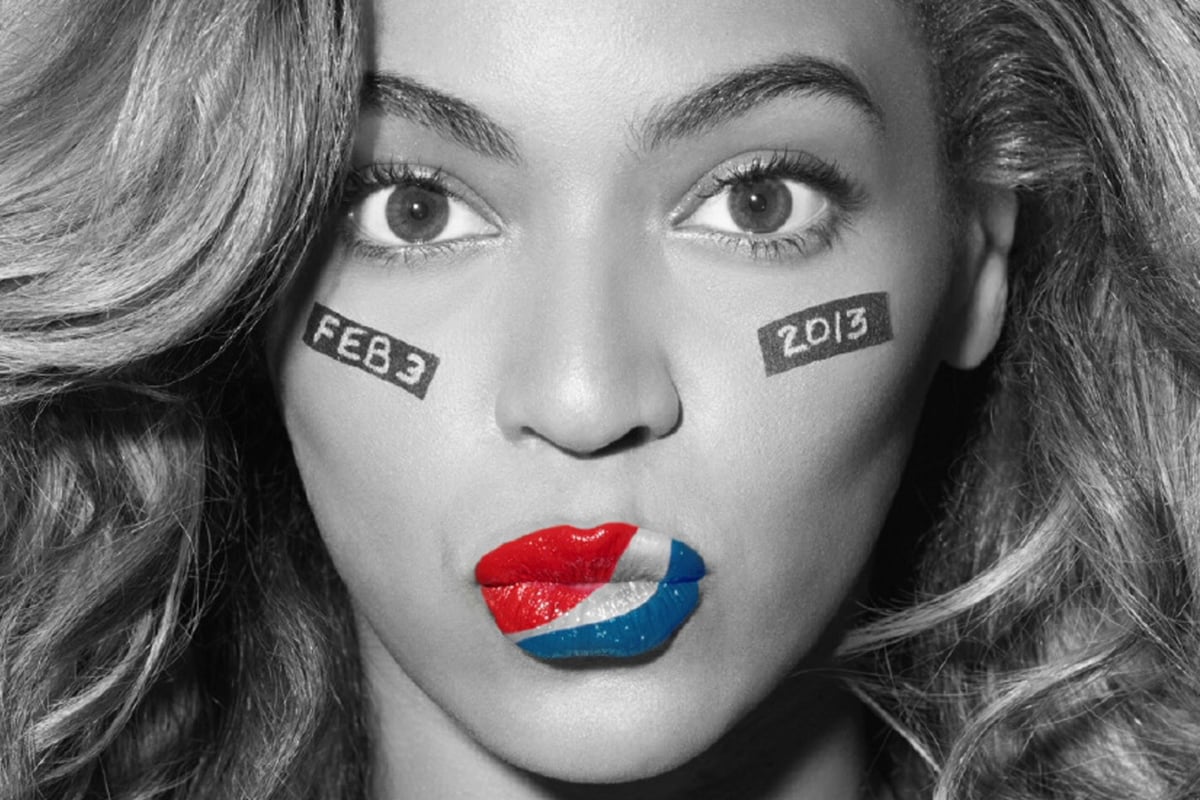FTC taking action against paid celebrity posts

Despite the fact product endorsements on social media are becoming increasingly normalised, the Federal Trade Commissionin the US is investigating the practice.

Michael Ostheimer, staff attorney in the FTC’s Ad Practices Division, told Bloombergthe FTC is investigating product endorsement on social media.
“We’ve been interested in deceptive endorsements for decades and this is a new way in which they are appearing,”said Ostheimer. “We believe consumers put stock in endorsements and we want to make sure they are not being deceived.”
The FTC is calling for clear disclaimers in social media posts when a person is being paid to endorse a product. Many posts, like the below Eos lipbalm endorsements from Gwen Stefani and NicoleScherzinger, don’t offer any indication that they are part of a paid sponsorship.


Some celebrities are labelling sponsored posts on social media by using the hashtags#ad, #sponsored and #sp. In fact, as pointed out by Bloomerg, there were more than 300,000 Instagram posts using the aforementioned tags in July alone. However, that doesn’t mean those posting are following FTC guidelines.
“If consumers don’t read the words, then there is no effective disclosure,” Ostheimer told Bloomberg.“Ifyou have seven other hashtags at the end of a tweet and it’s mixed up with all these other things, it’s easy for consumers to skip over that. The real test is, did consumers read it and comprehend it?”

The FTC offers clear guidelines on influencer marketing and personal endorsements on its website.
FTC writes on its website: “If you write about how much you like something you bought on your own and you’re not being rewarded, you don’t have to worry. However, if you’re doing it as part of a sponsored campaign or you’re being compensated – for example, getting a discount on a future purchase or being entered into a sweepstakes for a significant prize– then a disclosure is appropriate.”
To combat social media rule breakers, the FTC hosts online webinars and guides, engages trade associations, and takes legal action against advertisers which aren’t adhering to its guidelines. Interestingly, Ostheimer said the FTC is yet to charge an influencer for deceptive advertising but that it hasn’t ruled it out.






























